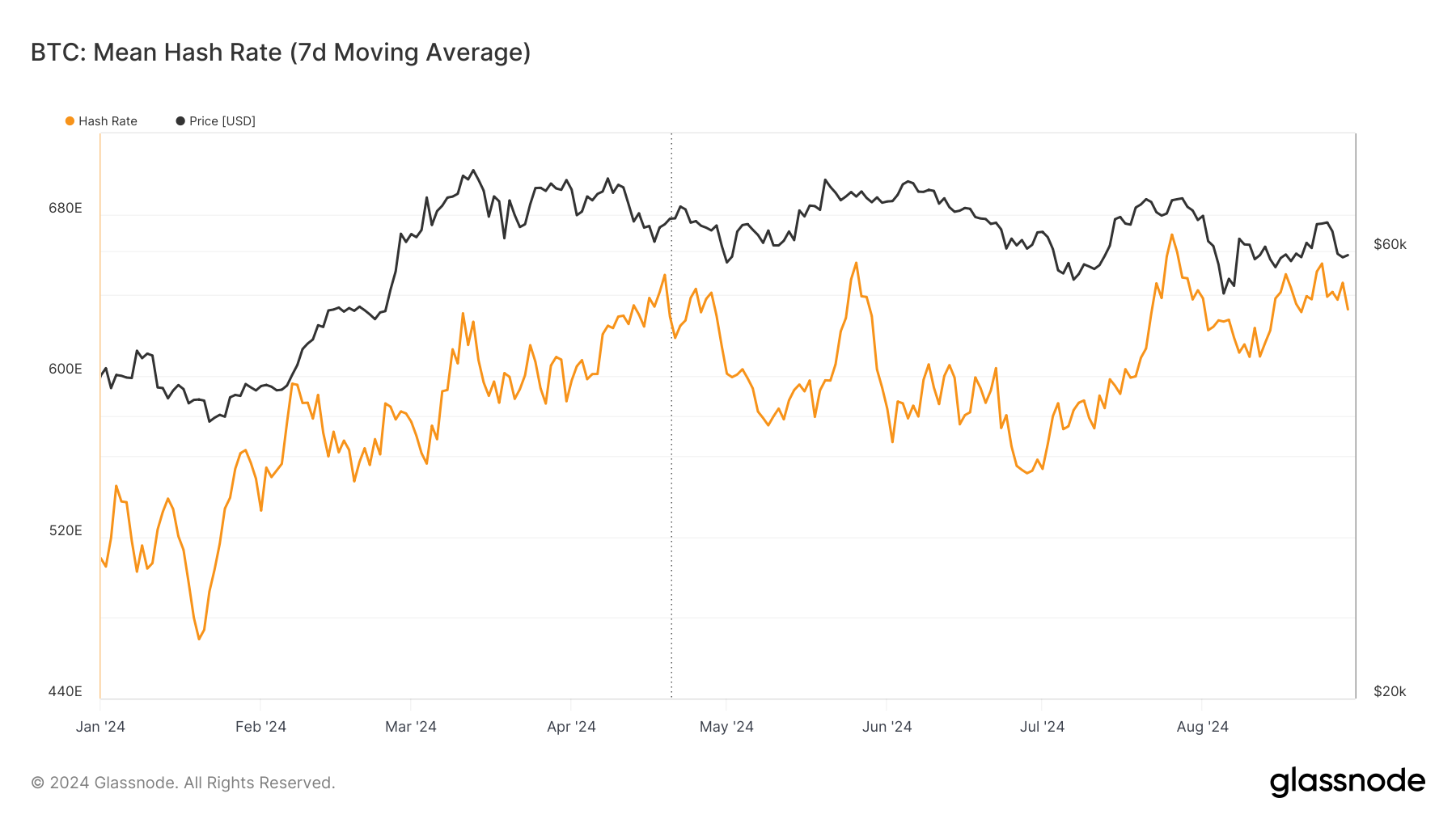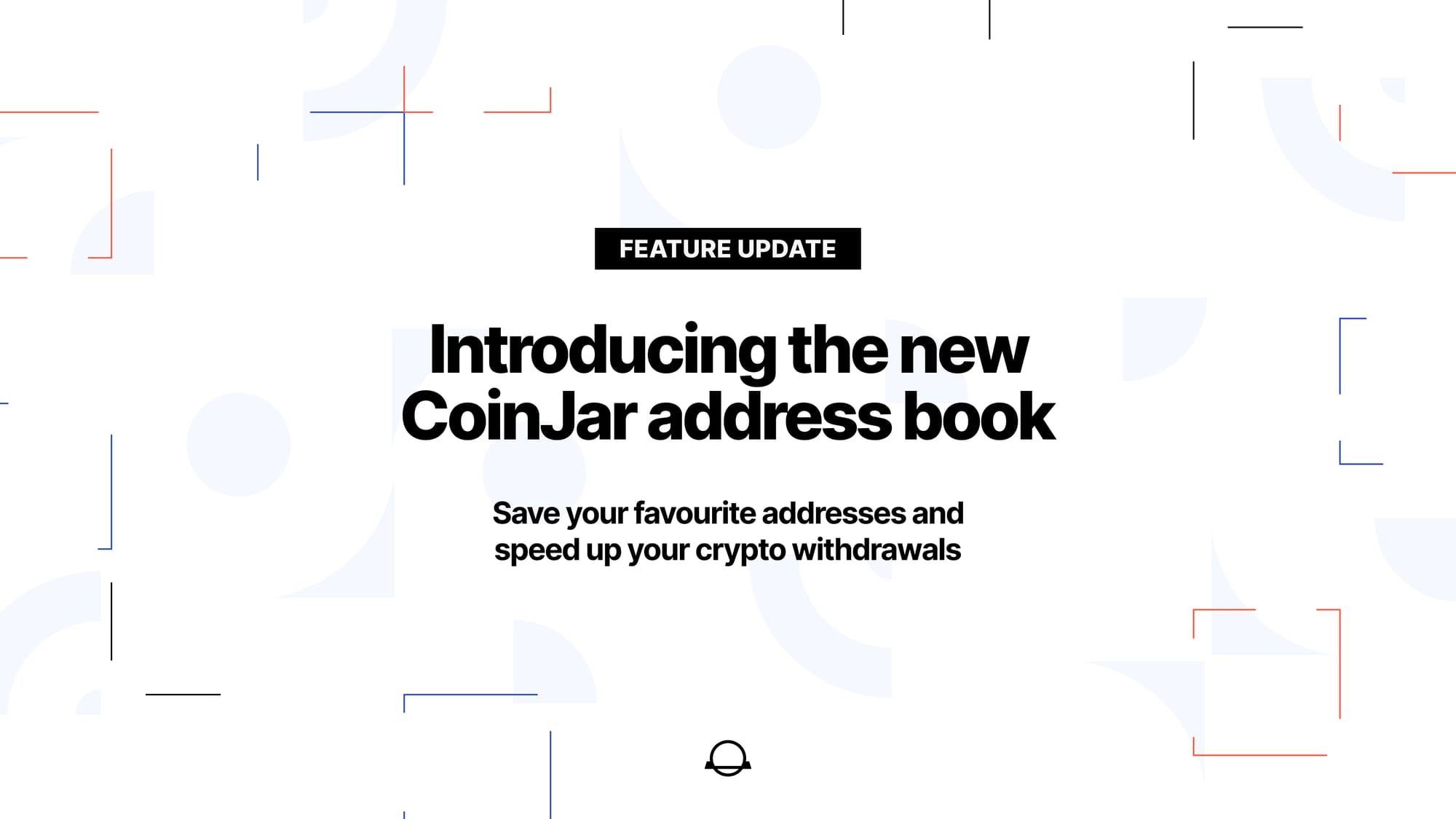
- The yet-to-be-launched Hydra Protocol will help Cardano achieve its scalability pursuits.
- The protocol has launched its Proof-of-Concept (PoC) capabilities which has been tried by the Sundaeswap team.
With the active work being done by the developers on the Cardano (ADA) protocol, the long-awaited Hydra Protocol has now launched its Proof-of-Concept for implementation for interested participants. While blockchain technology is renowned as the next frontier in digital payments, its relative use can be limiting because of scalability.
As reported by Crypto-News Flash as far back as November last year, Cardano has introduced the new protocol as a way to achieve this much-needed scalability. While the Cardano blockchain is capable of producing a block every 20 seconds, the total number of transactions that can be recorded in a block is quite limited.
This limitation becomes a crucial challenge when multiple people try to use the protocol as the blockchain network’s adoption grows. This necessitated the design of a new tool that can help circumvent the scalability challenges. Hydra is this response and it is designed to work in an offline environment, using the main Cardano blockchain as its core settlement layer.
While the most scalable blockchain protocols only permit a few thousand Transactions Per Second (TPS), achieving this rate in a sustainable way is hardly possible with current technology. However, the projections for Hydra are that it can permit as many as 1 million Transactions per second, helping Cardano achieve its key goal of becoming the most scalable Layer-1 protocol around.
How the Hydra Protocol Works
The workability of the Hydra protocol is not open to everyone. To get to transact using Hydra, a group of users who conduct transactions regularly will need to come together to decide whether to open a Hydra Head. If the decision to open a Hydra head is reached, the participants will need to transfer funds from the Cardano blockchain to Hydra. This transaction is done through an on-chain procedure.
Afterward, the funds are locked up in a script, and all of the participants get to ensure equal funding that is registered on the blockchain. After the initial lockup, all of the participants can then send funds to one another and this settlement happens offline. This way, thousands of transactions can be conducted per time and several Hydra Heads can be opened per time.
This means that achieving the million TPS is possible, while the main transactions on the parent Cardano protocol will also be running smoothly. The transactions on Hydra Head are backed through Plutus Scripts meaning we can get more than one transaction per time in different Hydra Heads.
Per its design, it is possible to close a Hydra Head, and the corresponding value of each participant’s funds is calculated such that no one will be cheated out. The Sundaeswap team has run a PoC on the protocol, showcasing every of what has been presented as possible.
Details about the operational capabilities of Hydra are detailed Here.
No spam, no lies, only insights. You can unsubscribe at any time.
Powering large scaled transactions
While blockchain payments are known to be faster, and relatively cheaper, the fact they are not scalable still positions traditional payment outfits like Mastercard and Visa as superior payment systems than they are right now.
With new scalability measures in place, Cardano can revolutionize the broader ecosystem and be the gateway to powering microtransactions for broader e-commerce adoption.
Crypto News Flash does not endorse and is not responsible for or liable for any content, accuracy, quality, advertising, products, or other materials on this page. Readers should do their own research before taking any actions related to cryptocurrencies. Crypto News Flash is not responsible, directly or indirectly, for any damage or loss caused or alleged to be caused by or in connection with the use of or reliance on any content, goods, or services mentioned.




